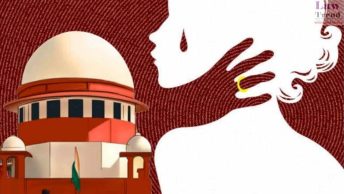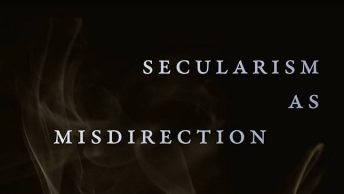The second pointer is somewhat more significant. It has led me to revise my initial enthusiasm for the Proportional Representation, or at least to look at it with some skepticism. I had earlier argued on this blog in favour of PR and Mr.Arun Thiruvengadam had expressed his misgivings. I went through his response again, and the link which he had provided then is instructive. The relevant link for my earlier post on PR is here.
If anything, Mayawati’s victory in U.P. signifies the miracle of the first-past-the-post system. The BSP would not have secured 206 seats to form a Government on its own had there been PR. PR would have given the BSP just 123 seats in a House of 403 seats, if the voting percentage secured by the BSP (30.45) (as reported in Times of India) is translated into number of seats. The winner-takes-all phenomenon may be inappropriate if we just consider the representative element in a democracy. But for a plural society like ours, where the marginalized groups like Dalits aspire for a larger political role than what they have enjoyed so far, the winner-takes-all phenomenon must be considered as the democracy’s gift for their rising political aspirations. Call it a short-cut to victory, or representation disproportionate to its voting share, this electoral miracle is fully justified, even if it disproportionately reduces the seat-tally of the other groups in society, as compared to their share in the voting percentage.
European analyst Frank Glodek, in a letter to the Central Europe Review, May 2000, noted:
Proportional representation is particularly dangerous in any nation that has suffered from ethnic, ideological or religious divisions, virtually compelling people to vote along these pre-established lines, regardless of whether they know it to be destructive and of their preference to do otherwise. Not even a five percent vote threshold for a party to hold seats in parliament is a barrier to these voting patterns and their negative impact.
Why? When you have proportional representation, you must assume the ‘others’ will vote ethnically, putting you at risk. The only way to protect yourself is by doing the same…
A proportional representation system can never unite so many diverse nations and peoples effectively, as it is inherently and unavoidably biased toward extremism, instability, immoderation and ineffectiveness. … People forget that the United States was, from the outset, a multi-ethnic and multi-religious country.”
The winner-takes-all system has been tried and tested. No doubt, it has its shortcomings. But I would be reluctant to suggest its complete replacement by PR just because of its aberrations. Limited trial of PR is fine; but only limited.







It might be useful if we look at how PR has worked in South Asia. Sri Lanka’s lesson with proportional representation hasn’t made politics any less messier. In many ways the political scene is similiar to India, two dominant coalitions, a plethora of parties based on community and personality appeals, and a significant disenchanted minority.
Sri Lanka’s elections, based on Proportional Representation and the List System, make ruling parties dependent on minority parties i.e. the Tamils, the Muslims,the Sinahla Nationalists and the “leftists”. Perhaps Vikram or Arun have any insights?
Incidentally, PR would increase power of the Muslim vote. Currently Muslims comprise some 13% of the population but they hold only 6% of seats in Parliament.